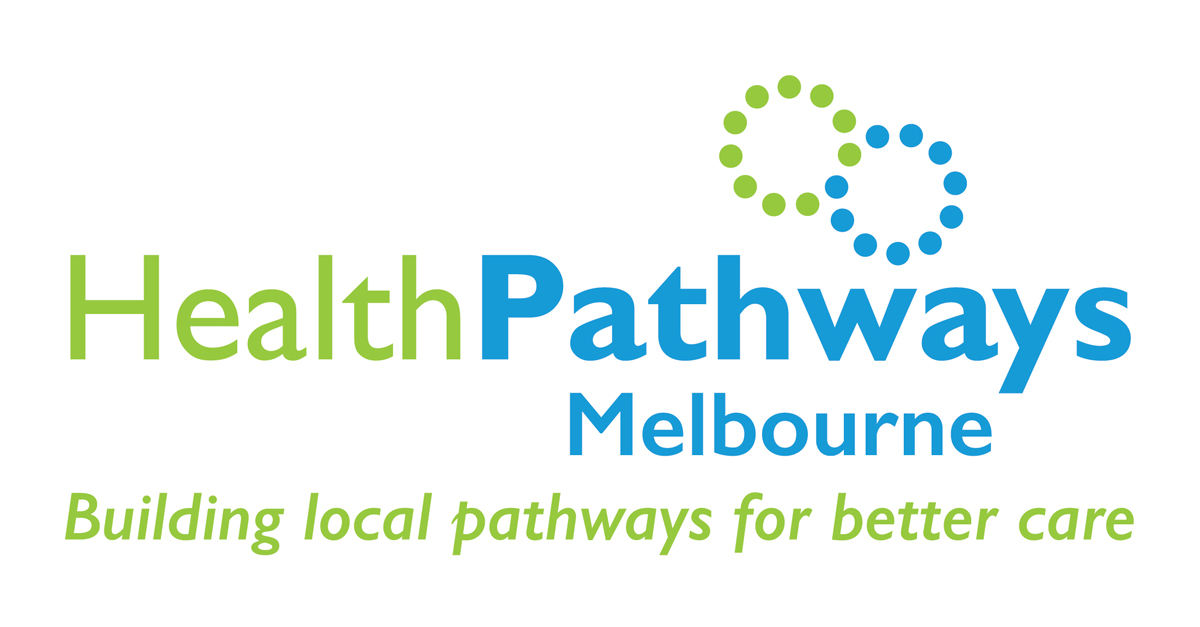
What are Optimal Care Pathways?
The journey for patients undergoing diagnosis and treatment for cancer is complex and usually involves multiple health care providers and services. This can be confusing for everyone.
The Optimal Care Pathways (OCPs) map this journey for patients with specific types of cancer. They provide an evidence-based guide to deliver consistent, safe and high-quality cancer care along the key stages of a cancer patient’s journey.
The Pathways were developed in consultation with a wide range of GPs and expert clinicians, organisations and patients.
As of November 2019, there are sixteen OCPs for different cancers, including a Pathways developed to support Aboriginal and Torres Strait Islander people.
Each Pathway describes seven key stages in a patient’s cancer journey, beginning with prevention and early detection, then presentation, initial investigations and referral, followed by treatment and finally survivorship or end-of-life care.
The expected optimal care at each step is described to ensure all people diagnosed with cancer get the best care, regardless of where they live or have cancer treatment.
For each OCP there are three versions:
- A detailed clinical pathway for cancer specialists, health professionals and health service administrators.
- A quick reference guide to familiariseGPs and primary care providers with the care pathway.
- A patient ‘what to expect’ guide to assist patients and people affected by cancer to understand the care pathway and what to expect at each stage.
How do I access Optimal Care Pathways?
OCPs can be accessed from Cancer Council Australia.
Additionally, HealthPathways Melbourne provides condensed versions for use during a GP–patient consultations for the following cancer types:
- Acute myeloid Leukaemia
- Basal and Squamous cell carcinomasBreast
- Cancer of unknown primary
- Cervical cancer
- Colorectal
- Endometrial
- Familial Cancer Syndromes
- Head and Neck Cancer
- Hepatocellular carcinoma
- High grade glioma
- Hodgkin and B-Cell Lymphoma
- Lung
- Melanoma
- Oesophagogastric
- Ovarian
- Pancreatic Cancer
- Prostate
- Sarcoma
You can request access to HealthPathways here.
How can Optimal Care Pathways help me manage my patients with cancer?
The following case study demonstrates how OCPs can help you manage your patients with cancer.
Stage 1: Prevention and early detection
One of your patients, John, is an architect and a regular bike rider. He enjoys a steak and a glass or two of red wine a few times each week. His BMI is 28.
John recently turned 50 and received his home test kit (iFOBT) from the National Bowel Cancer Screening Program in the mail. At his wife Liz’s urging, John completed the test at home and sent it back to the laboratory for analysis. The result is positive.
Stage 2: Presentation, initial investigations and referral
As John’s nominated doctor you received his positive FOBT result. You follow your clinic’s protocol on following up abnormal results and he makes an appointment with you to discuss the result.
You consult the HealthPathways for people with colorectal cancer. You:
- Use HealthPathways to guide John’s referral for a colonoscopy (colonoscopy to be done within four weeks). John chooses to go public and HealthPathways provides you with the specific referral information for his local public hospital.
- Undertake the following initial investigations, while providing the ‘What to expect’ guide to John (these guides are available on HealthPathways under ‘patient resources’):
- Physical examination
- Digital rectal examination
- Blood tests including iron studies
You explain to John and his wife why he is being referred for the colonoscopy. You also let him know to call you if he has any questions while he waits for his colonoscopy appointment.
Stage 3: Diagnosis, staging and treatment planning
Unfortunately, John’s colonoscopy indicates colon cancer.
John’s diagnosis is discussed by a multidisciplinary team. You should receive correspondence outlining the team’s discussion and plan. The lead clinician should provide you with the treatment plan and John with “What to expect – Bowel cancer (colon and rectal)”.
When John returns to see you, you assess his supportive care needs and refer him to “Talk to a Buddy” peer-to-peer support provided by Bowel Cancer Australia.
Stage 4: Treatment
John’s multidisciplinary team establish a curative intent of treatment. John finds the process daunting and you provide ongoing emotional care and support for him throughout the process.
Stage 5: Care after initial treatment and recovery
As per the OCP, John’s specialist provides you with the following guide to care after his initial treatment:
Treatment summary outlining:
- diagnostic tests performed and results
- tumour characteristics
- type and date of treatment(s)
- interventions and treatment plans from other health professionals
- supportive care services provided.
Follow-up care plan outlining:
- medical follow-up required (tests, ongoing surveillance)
- care plans for managing the late effects of treatment
- a process for rapid re-entry to medical services for suspected recurrence
Stage 6: Managing recurrent, residual and metastatic disease
Unfortunately, in 2022 John presents to you with symptoms including rectal bleeding. As per the OCP, you refer John back to his original multidisciplinary team. This time John presents with locally advanced rectal cancer and is treated with neoadjuvant chemo-radiation.
John has anxiety around the possibility of recurrence. So, you provide John with a mental health plan and refer him to a psychologist.
Stage 7: End-of-life care
John has a good prognosis; however, you ensure that an advance care plan is in place.
For more information:
Cancer Council Australia – Optimal Care Pathways
HealthPathways Melbourne – Suspected Colorectal cancer
Disclaimer: This article was provided by NWMPHN. While every effort has been made to ensure the information is accurate, North Western Melbourne Primary Health Network does not warrant or represent the accuracy, currency and completeness of any information or material included within.




